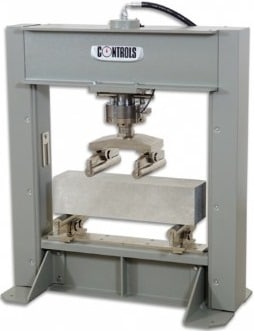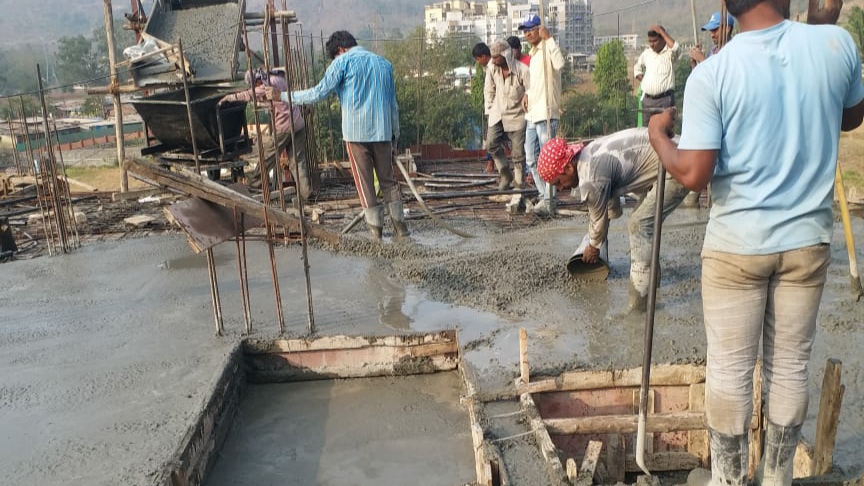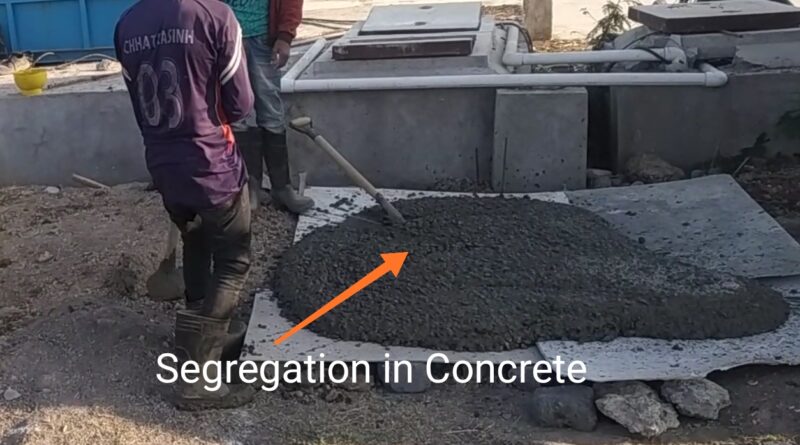EFFECTS OF EXCESS WATER IN CONCRETE
If water ratio is high in a concrete mix , it makes placement of concrete easy, but it also lowers the quality of the overall concrete product. Due to additional water, the damage to concrete structures occurs in the following was :-
- Reduced durability
- Strength Reduction
- Increase in permeability
- Loss of abrasive resistance
- Dusting and scaling
Reduced durability
Low water-cement ratio helps to get more durable concrete. With the addition of air entraining admixtures, the durability can be increased with low water content . water-cement ratio must be selected properly to make concrete durable

Strength Reduction
Excessive Quantity of water reduces the compressive strength of concrete. The excess water will not participate in the hydration process and retains in concrete even after hardening.

This water will evaporate when exposed to atmosphere and form voids in the concrete. These voids formed are therefore responsible for the reduction of compressive strength of concrete.
Increase in permeability
The concrete becomes porous after the evaporation of excess water in hardened concrete. The voids formed will absorb water and make the concrete structure permeable.

Loss of abrasive resistance
Abrasive resistance of concrete is directly proportional to its strength. When excessive water increases, the strength of the concrete decreases and therefore, the abrasive resistance also reduces.
Dusting and scaling
The additional water in concrete mix fetches the fine aggregate to the top, therefore, after getting solidified, a fine loose powder will be arranged on the top of the concrete surface. This method is known as dusting.
Because of additional water content in concrete, scaling of concrete happens. Under this situation, the top layer of the solidified concrete surface is detached. It is caused by the reaction of water with freeze and thaw effects./p>

